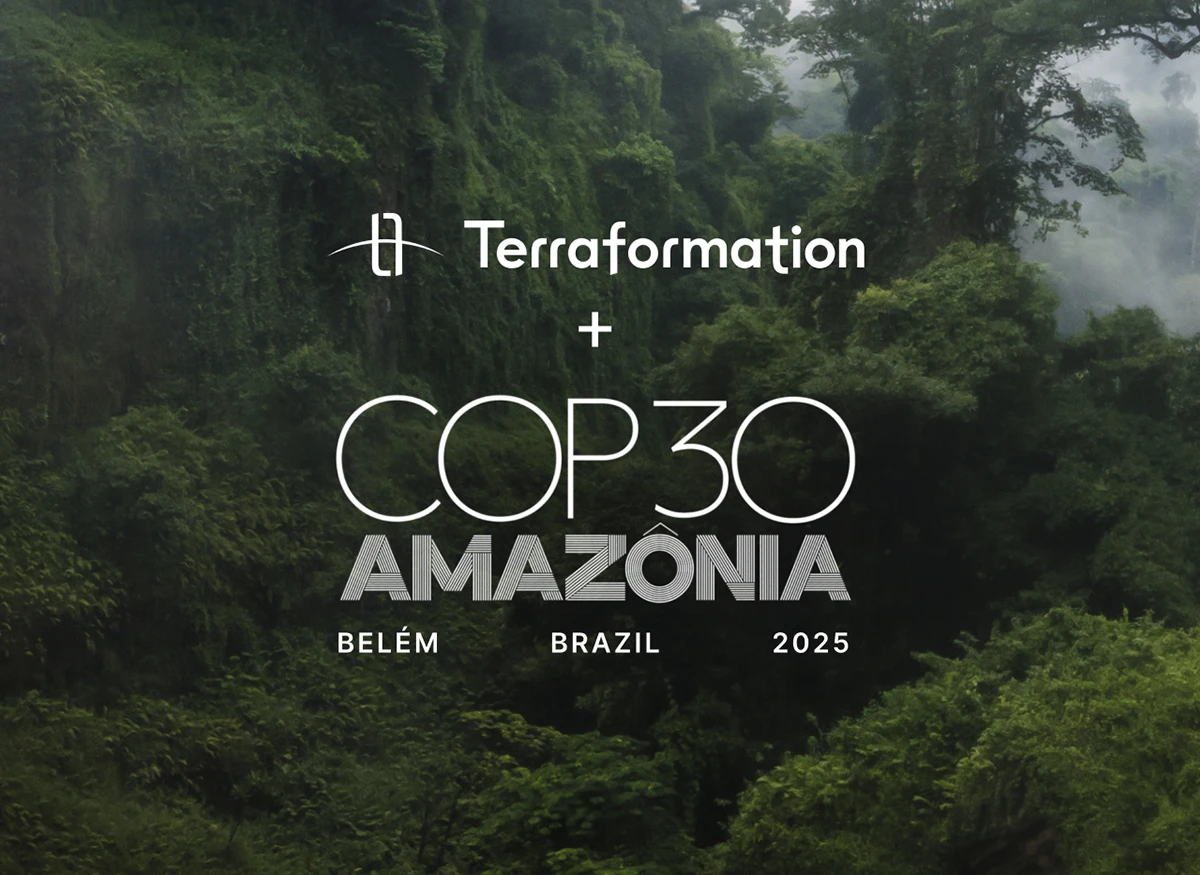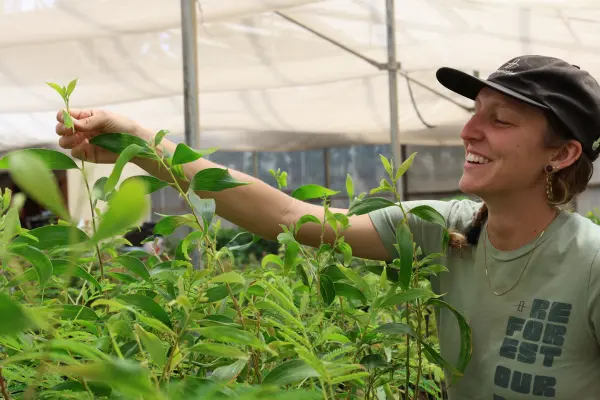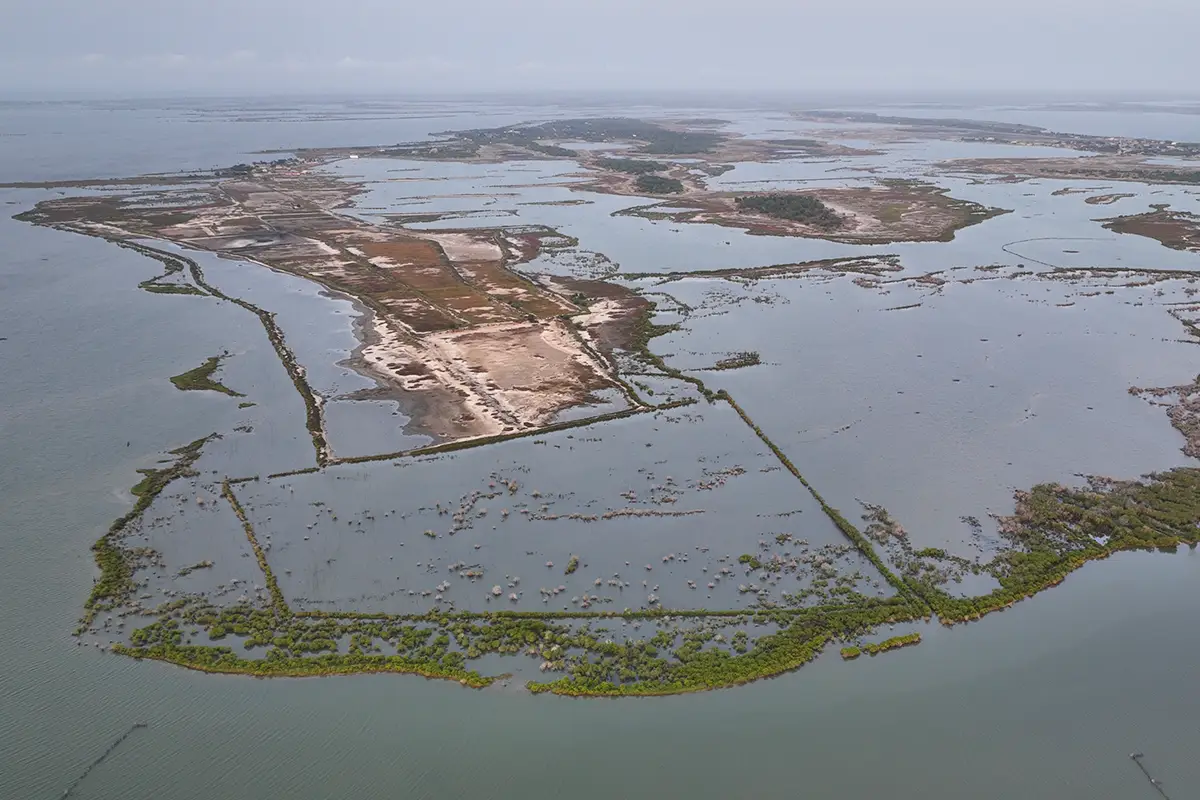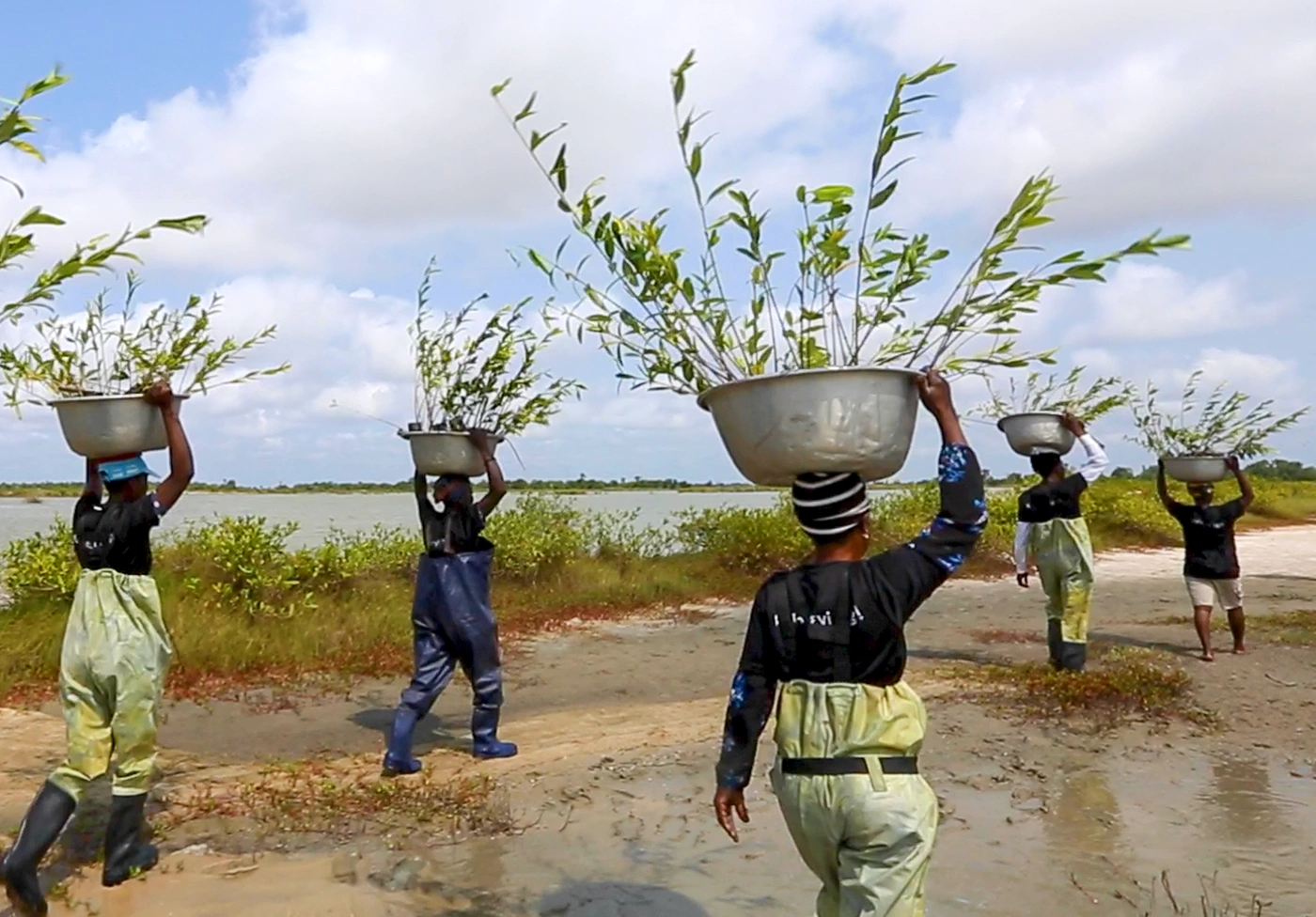Restoring the Heart of Mindanao Through Reforestation

Rich in lush landscapes and breathtaking natural beauty, the Philippines is home to an incredible array of flora and fauna, ranking fifth in the world for its number of native plant species. Its forests provide habitat for endangered turtles, primates, and over 700 species of birds, some of which are found nowhere else on Earth.
Yet the country is losing approximately 47,000 hectares of rainforest annually due to deforestation and climate change. This has severely affected biodiversity, climate resilience, and quality of life in local communities. In the province of Bukidnon on the island of Mindanao, CCCO2, a reforestation company established in 2018 in the Philippines, has embarked on an ambitious reforestation project with the support of Terraformation.
"Bukidnon" means "highlander" or "mountain dweller" in a local Indigenous language. CCCO2 is partnering with an Indigenous community from the Bukidnon-Tagoloanon Tribe to restore 1,000 hectares of forest. Their knowledge of their local biodiversity and deep connection to their ancestral land are invaluable in the success of this reforestation project.
The restoration approach helps build trust and ensures the project meets the community’s need for food security and sustainable livelihood opportunities. A successful start could spur an expansion of up to 12,000 hectares, involving multiple Indigenous communities in northern Bukidnon.
Benefits beyond carbon sequestration potential
Restoring forests is not just about planting trees; it's about revitalizing ecosystems and improving the quality of life for people who depend on these natural resources. The reforestation project in Bukidnon offers numerous economic and social benefits, creating agroforestry programs, promoting equal employment opportunities, and increasing the visibility of women in leadership positions.
The project's environmental co-benefits include improved water security, reduced risk of wildfires, and enhanced ecosystem services. By restoring the natural landscape, the project will create a healthier environment for both wildlife and local communities.
Because of Bukidnon’s tropical location and biodiversity, the project offers high carbon sequestration potential per hectare. Climate investors looking to support nature-based carbon removal can make a positive, lasting impact on the environment, support community-based reforestation, and contribute to global efforts to combat climate change.
A long-term vision for healing the land
Before human activity changed the landscape, the project region was covered in tropical moist broadleaf forest. Deforestation and land degradation began during the three-hundred-year Spanish colonial period, when cattle ranching replaced the forests with grassland and shrubland, resulting in significant topsoil erosion.
The legacy of colonial land use continues to challenge the region, along with more recent logging and intensive agriculture that have severely affected the soil quality and land productivity. Bringing back the area’s native forests, beginning with the project’s 1,000 hectares, will improve soil health, reduce erosion, and enhance biodiversity.
Agroforestry is an integral part of the project's reforestation strategy. By integrating trees with crops like abaca (hemp), cocoa, and Coix lacryma-jobi (adlai, a type of millet), the project aims to enhance food security and provide additional income sources for local farmers. This sustainable approach benefits the environment and improves the livelihoods of community members.
Terraformation will support CCCO2's local forestry team with seed processing, plant propagation and nursery management, site studies, monitoring and evaluation, carbon credit verification, social engagement, and more. The first plantings are anticipated to start in January 2025.
The Bukidnon reforestation project is a commitment spanning 40 years, with the initial planting phase lasting approximately five years. Local community knowledge and needs will actively guide the planning and planting, which will increase community buy-in and employ valuable local land expertise. This long-term vision ensures that the restored forests will thrive and provide lasting benefits to the community and environment.
Reforestation is crucial for the Philippines and the world
The project aligns with the Philippines’ Nationally Determined Contribution (NDC) to the Paris Agreement. The country has committed to reducing greenhouse gas emissions by 75% by 2030 and improving resilience to natural disasters. Forest restoration is crucial in achieving these goals, as it enhances carbon sequestration and buffers against climate-related disasters.
Conservation, reforestation, and community engagement are hallmarks of the Bukidnon project. Through the support of funders, the project team will gain the capacity needed to restore the area’s natural beauty, improve local communities' livelihoods, and contribute to global climate goals.
If you'd like to invest in this forest restoration project or purchase future carbon credits to help ensure the success of this vital climate project, contact us.
















